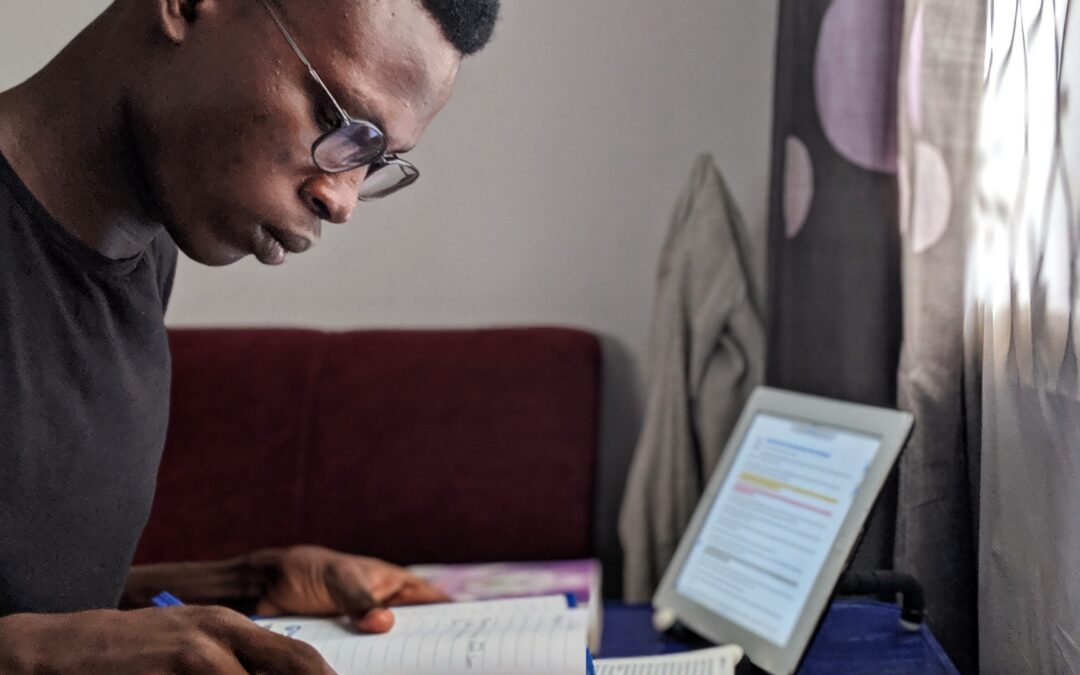
Why Good Study Skills Matter
Have you ever felt like the energy you put into studying isn’t reflected in the outcomes you end up with? You aren’t alone. Like any other professional skill, studying is something you need to learn how to do. It might seem counterintuitive, says Regan A. R. Gurung, PhD, but taking the time and effort to learn top study skills is going to help you through school and in your professional life.
Gurung, co-author with John Dunlosky, PhD, of the American Psychological Association’s Study Like A Champ The Psychology-Based Guide to “Grade A” Study Habits, says that reassessing your study skills and study habits to implement new techniques will bring improved results.
“There are two reasons why students need to learn to study,” says Gurung. “First, many of them do not know how to study. Second, many of the ways used to study are not effective. For example, most students believe that if they have time to study they should reread their notes (and data shows this is what they say they do and actually do). This is one of the least effective ways to study.”
Frequently, the study habits that let top students sail through high school will not work in college. And some graduate students find the same–their study skills developed as an undergrad aren’t working in their advanced degree courses.
Gurung says that different types of studying will lead to different outcomes. Students should understand that if they are struggling in a course, it’s not because they are a bad student. “Cramming the night before may help you do well on a test the NEXT day, but you will not remember the material well a week later or a month later,” he says. That’s a particularly important point for nursing students who will face the comprehensive NCLEX exams for licensure. “That learning takes work and can be challenging,” he says.
There are many myths about what good study skills look like, he says, and even some research offers conflicting advice. The most effective study habits will likely include a mix of several approaches so that you cover the bases and begin to think about the material in a different way.
Some top habits include dedicating time and space to studying so that you aren’t trying to do everything in marathon stretches. And this isn’t just a drop-it-in-the-calendar activity. Set aside study time and then protect it relentlessly so that something else doesn’t take priority. What you then do during that time will help you study smarter so that you can actually learn and retain more with less overall effort. It’s not taking the easy way out at all. Developing good study habits and sticking to them is the same as how athletes prepare for big events. You can’t expect to run a hilly race if you’ve only trained on flat ground; you might have been running all the time, but the preparation needs to match the race.
Investigate good study habits to see how they are different and how you can implement them. For example, although rereading material, even with multicolored highlighters in hand, seems like it should work, a better method is using practice tests or even making your own tests and taking them to assess your actual understanding.
As you begin trying new study methods, keep in mind that your old habits are hard to change, and that you’ll need to adapt your new habits to different situations. “One size such as retrieval practice, works for a lot of things,” Gurung says, “but different classes can need different types of approaches.”
As a nursing student, remember that the study skills developed in nursing school are going to be the foundation for your professional approach to learning on the job. “The techniques used to study better also help us understand and retain all kinds of knowledge in all the things we do,” says Gurung. “Especially when professional skills need a lot of different steps or knowing info, the same key study techniques can come in handy.”


